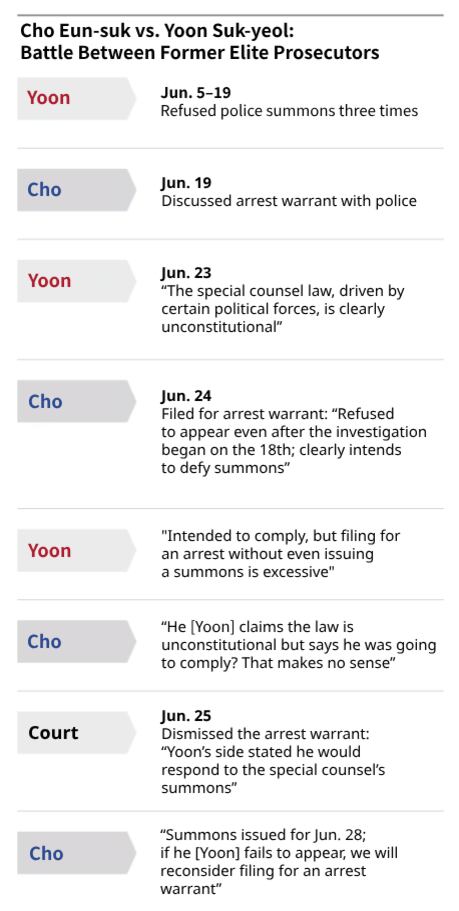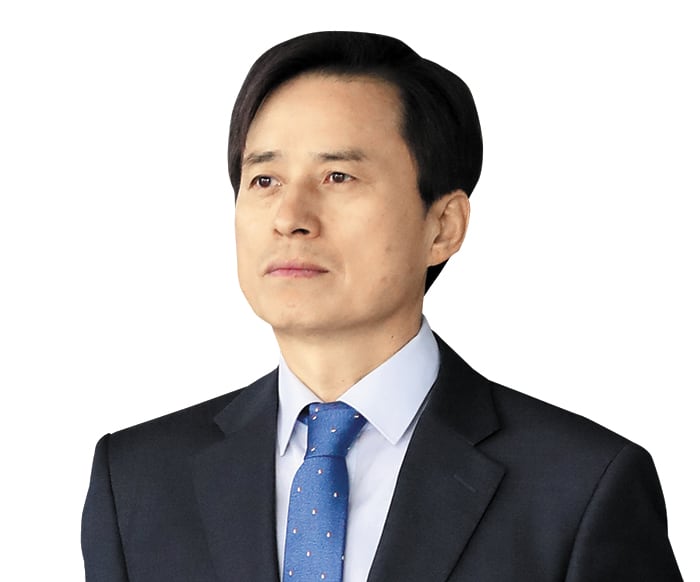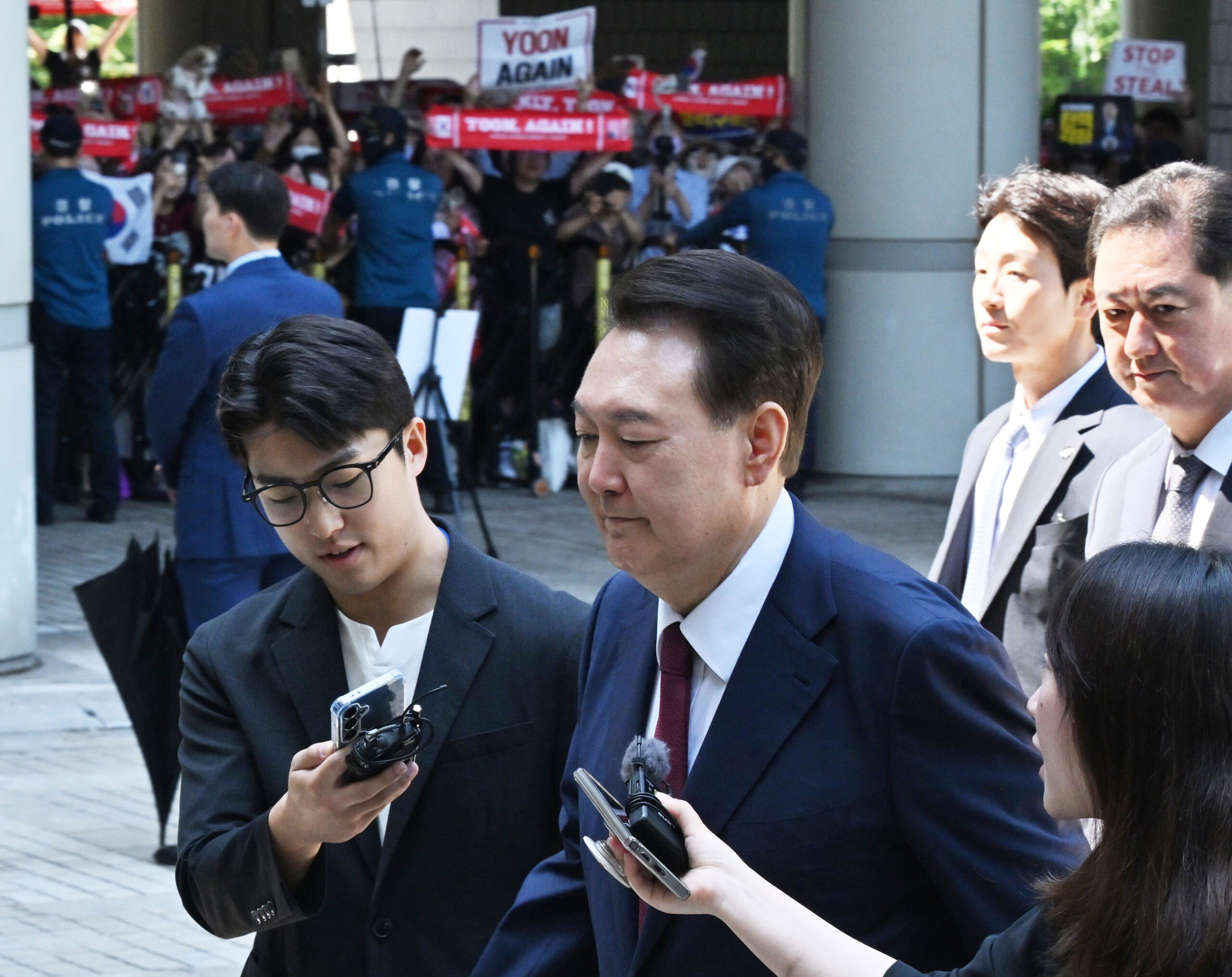Former President Yoon Suk-yeol secured an early advantage in a legal standoff with Special Counsel Cho Eun-suk’s team, which is investigating allegations of insurrection, after a court rejected a request for his arrest warrant.
The special counsel’s office, which had already imposed a travel ban on Yoon following the launch of its investigation, filed for the warrant on June 24. However, the court dismissed the request on June 25, siding with Yoon’s legal team, which argued that the warrant was unwarranted as Yoon had intended to comply with the special counsel’s summons but had never been formally notified.
“The special counsel requested an arrest warrant without issuing a single subpoena, even though the former president intended to appear voluntarily,” Yoon’s legal team said. The court accepted the argument and denied the warrant.
The special counsel’s office later stated that a summons had been issued for Yoon to appear for questioning at 9 a.m. on June 28. “If he fails to appear, we will consider reapplying for an arrest warrant,” a special counsel official said.
Following the court’s decision, Yoon’s side urged the special counsel to adhere to proper legal procedures. “We urge the special counsel to conduct the investigation fairly and within the framework of the law. Former President Yoon will comply with the summons in good faith,” the team said.

Special Counsel Cho initially justified the arrest warrant by citing Yoon’s repeated refusals to comply with earlier police summons. “The former president ignored the police’s request for questioning on June 5 and June 12, and again on June 19, after the special counsel investigation was launched,” Cho said. “This shows a clear intent not to respond to the special counsel’s summons as well.”
Yoon’s legal team countered the rationale, stating: “The special counsel and the police are clearly separate investigative bodies, and it is not valid to base an arrest warrant on police summons from an earlier phase of the investigation. Yoon had planned to respond to the special counsel’s summons.”

The legal dispute has attracted significant attention within legal circles, with some characterizing it as the opening salvo in a high-stakes battle between two former elite prosecutors, both known for their expertise in special investigations. Legal experts noted that Yoon’s legal team may have effectively cast doubt on the justification for the warrant, prompting the court to reject it.
“One could argue the special counsel’s position was weakened by Yoon’s public commitment to cooperate,” said a legal source. “He had long denounced the police investigation as unlawful, yet now says he is willing to cooperate with the special counsel, putting the team in a difficult position after failing to summon him before filing for the warrant.”
Others, however, suggested that Cho’s move may have been calculated to expose contradictions in Yoon’s position. “By making the unusual decision to disclose the warrant request, Cho may have been trying to undermine the credibility of Yoon’s claim that he intended to cooperate,” said a former senior judge.
Despite that strategy, the court’s rejection marked a setback for Cho, with the hasty application denied. Still, some observers noted that the special counsel may view the development as a partial success, given that Yoon has now pledged to appear for questioning.
